How Brooklynites Fought for Equality Is Documented in the Civil Rights Collection at BPL
Brooklynites who delve into the Civil Rights in Brooklyn Collection at the Brooklyn Public Library are often surprised to discover their own neighborhoods have a rich history of Civil Rights-era activism.

Brooklynites who delve into the Civil Rights in Brooklyn Collection at the Brooklyn Public Library are often surprised to discover their own neighborhoods have a rich history of Civil Rights-era activism.
It is easy to get lost in the overwhelming resources of the Brooklyn Collection at the Brooklyn Public Library, drooling over images of a 19th century borough that still had plenty of farmland. But the collection is also rich in treasures from the not-so-distant past, including critical 20th century materials that reflect the diversity of stories that are part of the tale of Brooklyn.
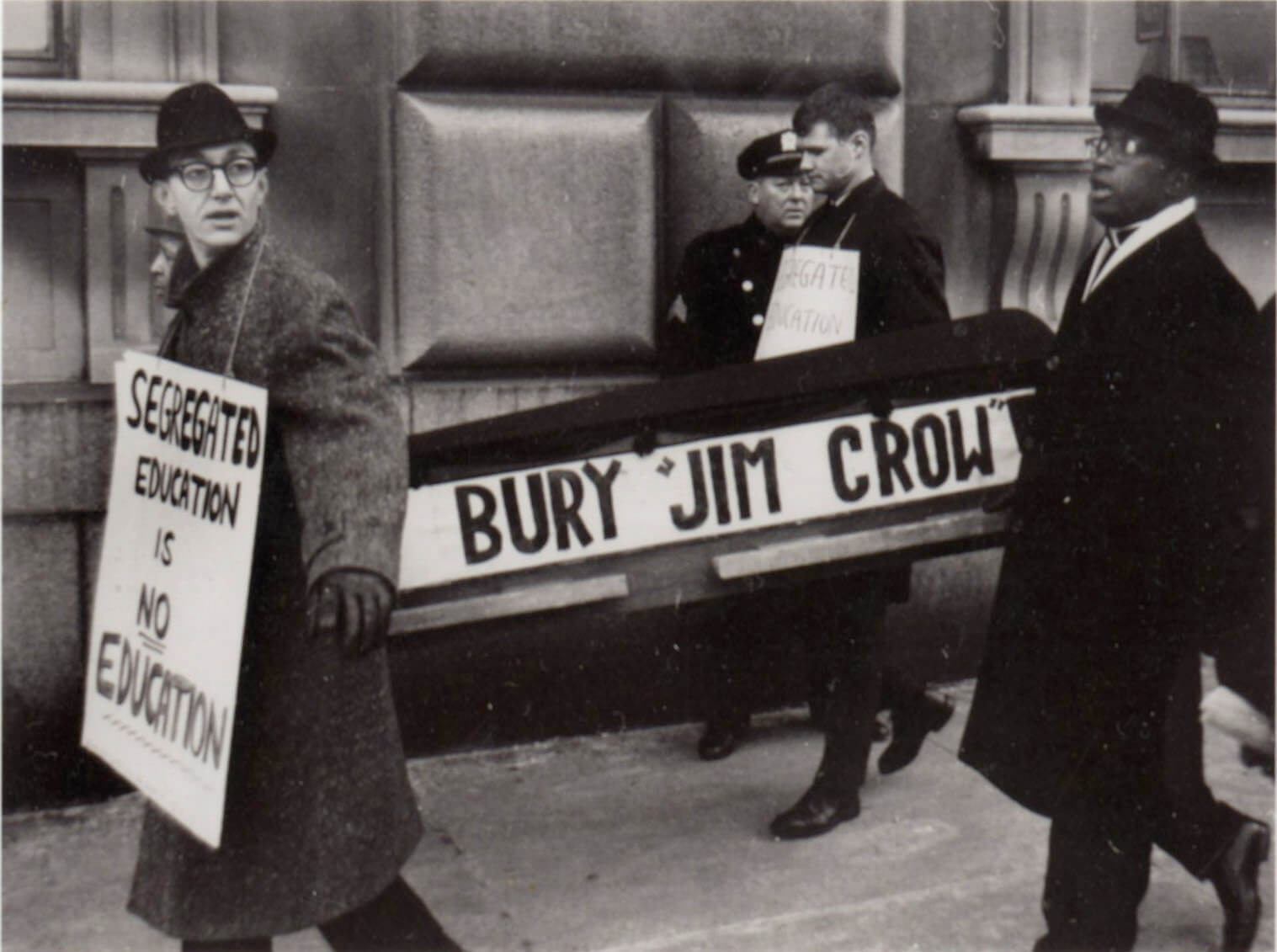
One of the most heavily used collections in the Brooklyn archives, according to library staff, the Civil Rights in Brooklyn Collection documents the battle for equality by Brooklynites. It largely spans the era from 1961 to 2005 and includes photographs, newsletters and flyers (along with a few objects) relating to fights over housing discrimination, unequal education and employment opportunities.
The Brooklyn Collection started in 1997 as part of the History Division, with a small book collection focused on the borough and now holds more than 5,000 books and an archive that includes 200,000 photographs, manuscripts, newspapers, sheet music and more.
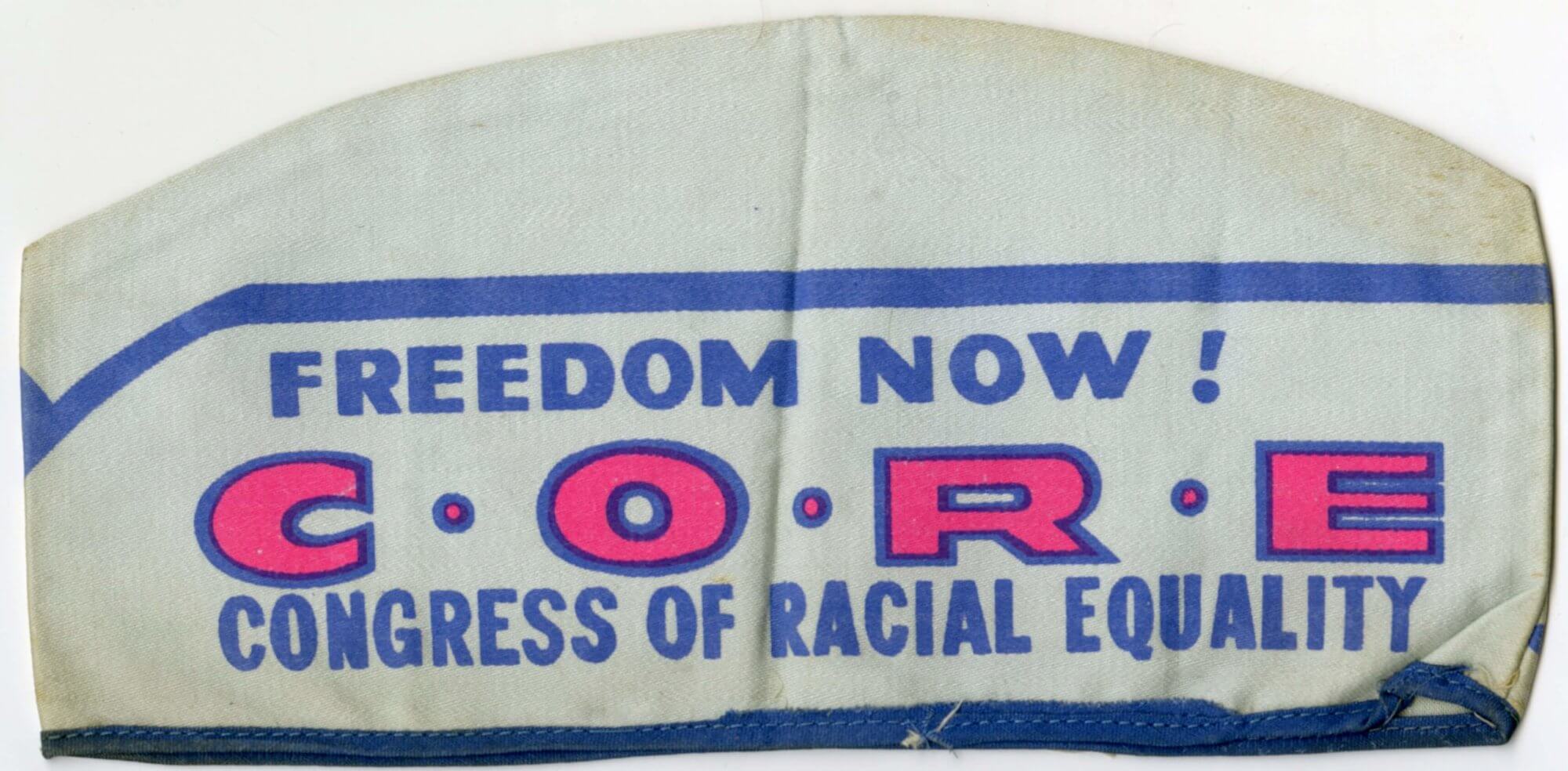
Among the significant stories that can be gleaned from the archival materials is that of the Congress of Racial Equality (CORE) in Brooklyn. CORE was originally founded in Chicago in 1942 and was a national, interracial group espousing nonviolent action. An early Brooklyn group was founded at Brooklyn College in the 1950s but it was in the 1960s that a community-based Brooklyn CORE chapter emerged from a group of supporters in Bed Stuy.
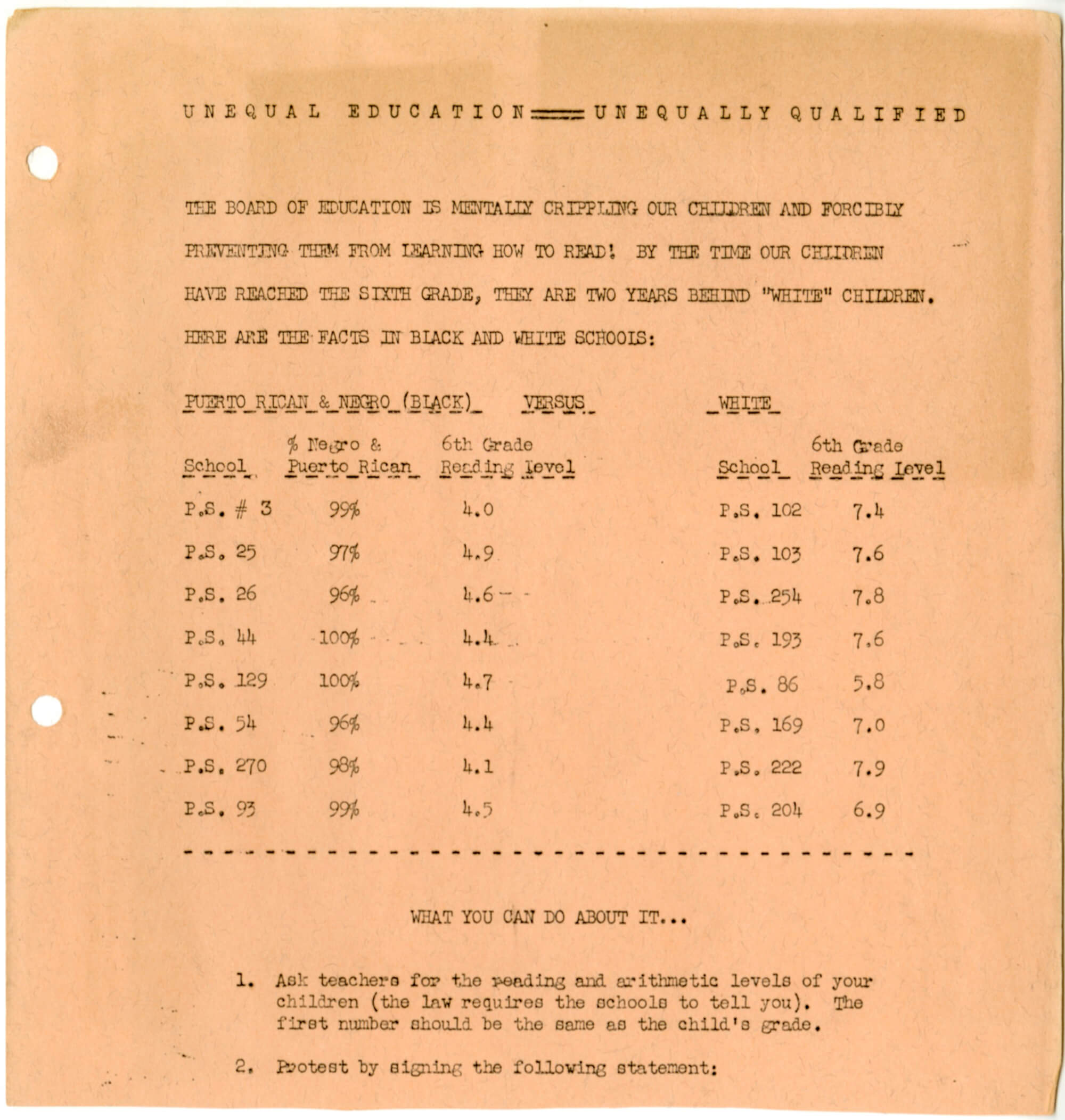
In the early 1960s, the group organized a boycott of Woolworth’s in support of southern efforts to fight segregation, picketed to protest housing discrimination and distributed flyers with educational statistics to fight for better schools, among many other activities.
In addition to the CORE materials, the Civil Rights in Brooklyn Collection includes issues of the newsletter Black News and materials related to Freedom Organizations Coordinated for Unity in Shorefront (FOCUS), a group based in the Sheepshead Bay-Shorefront area.
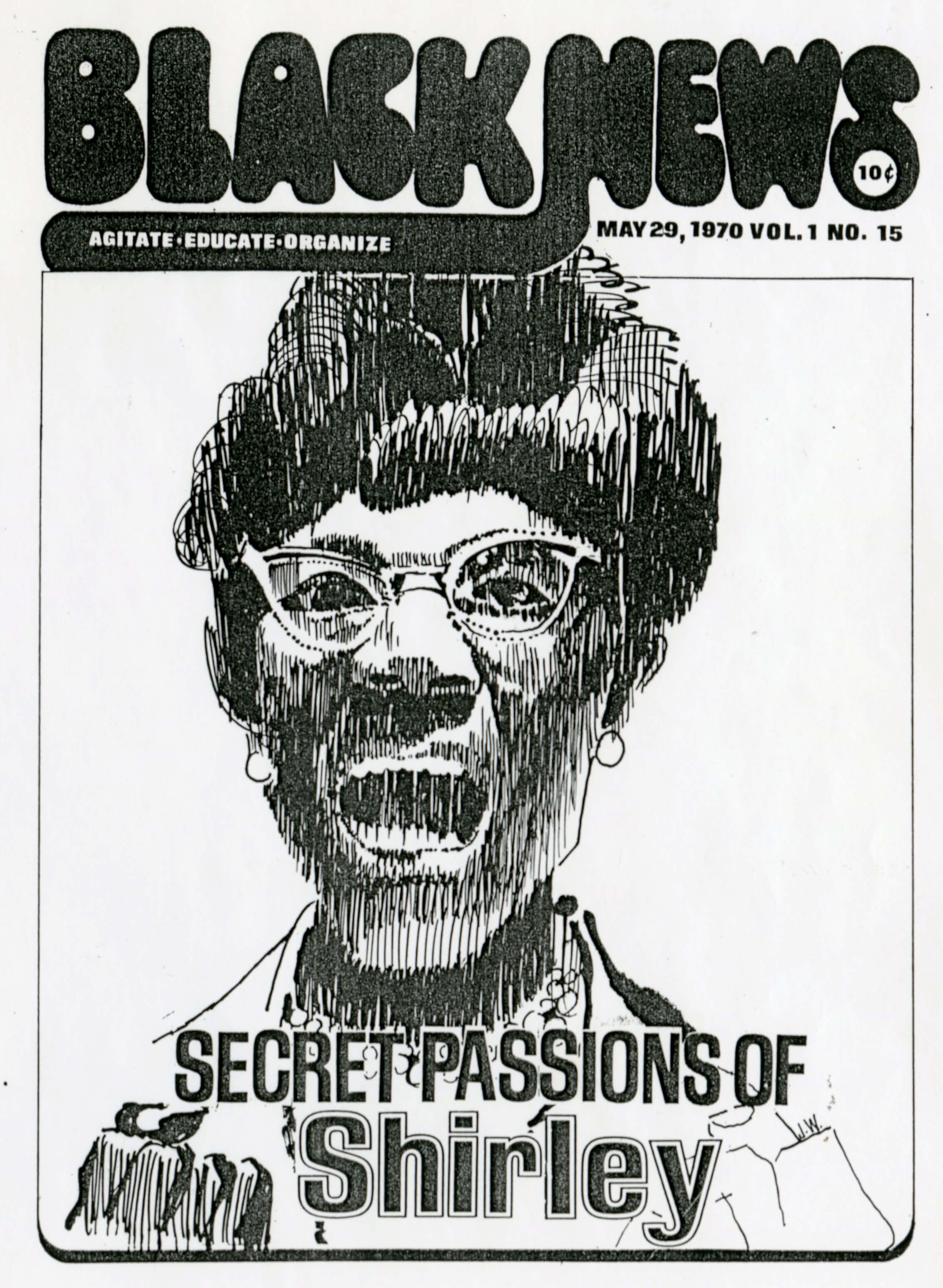
The collection is a particularly important educational resource for participants in the Brooklyn Connections program, which connects Brooklyn students and educators with the archival materials at the library. Many of the students come from neighborhoods with a rich history of Civil Rights-era activism — and are surprised to discover it, said Diana Bowers-Smith, Archivist of the Brooklyn Collection.
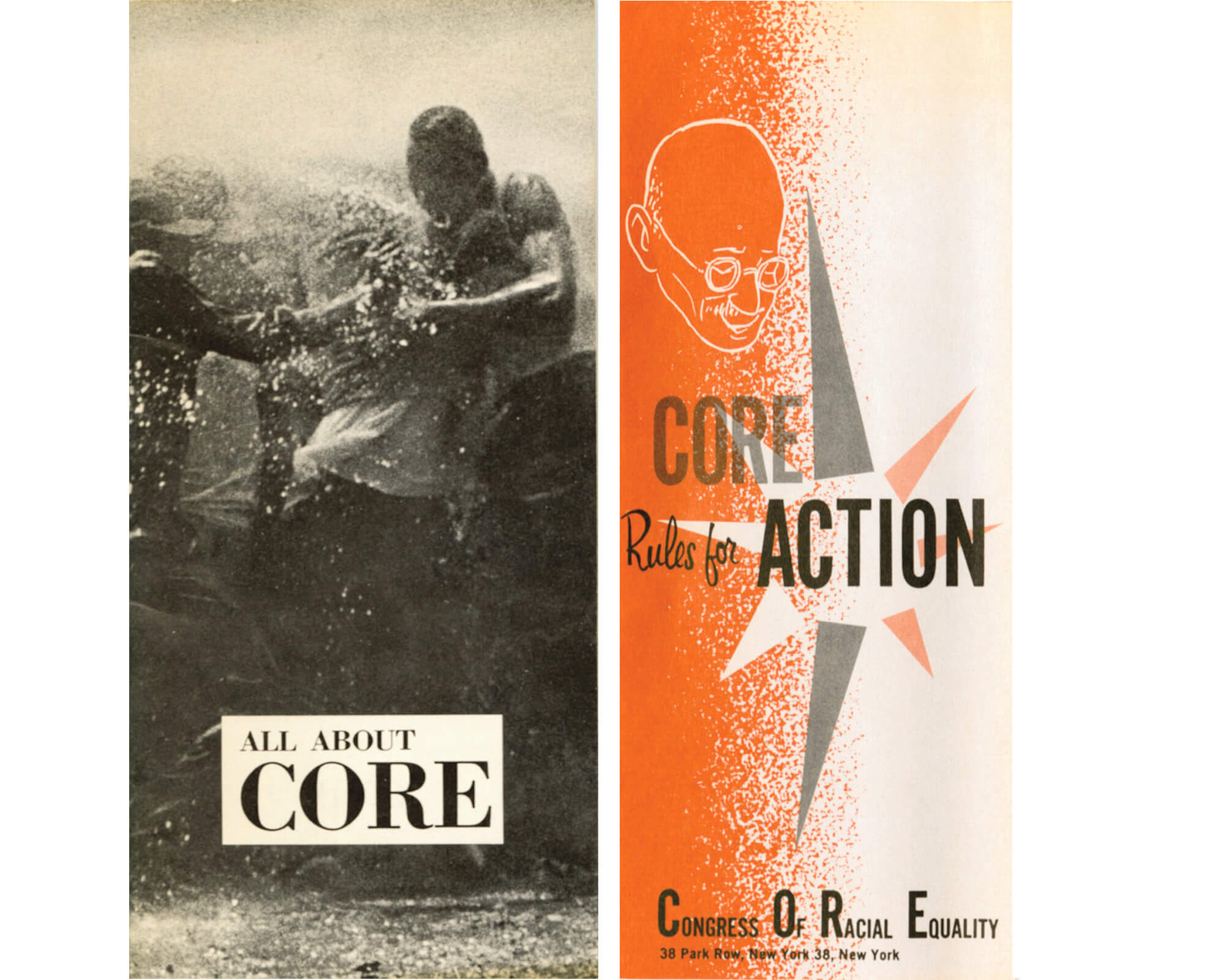
“It makes history real, and connects students to their community in a new way,” said Bowers-Smith. “I recently helped to judge some National History Day projects made by students in our program and one of them told me that he really enjoyed his project on Brooklyn CORE because the events he was studying took place right in his neighborhood.”
The Civil Rights in Brooklyn Collection was donated by Rioghan Kirchner, who was an active CORE member and chair of the Focus Housing Committee, fighting housing discrimination.
Related Stories
- Building of the Day: 10 Grand Army Plaza
- Remembering Brooklyn’s Civil Rights Activists and the Fight for a Better Bed Stuy
- The Story of a Beloved But Discriminatory Brooklyn Sweets Factory
Email tips@brownstoner.com with further comments, questions or tips. Follow Brownstoner on Twitter and Instagram, and like us on Facebook.




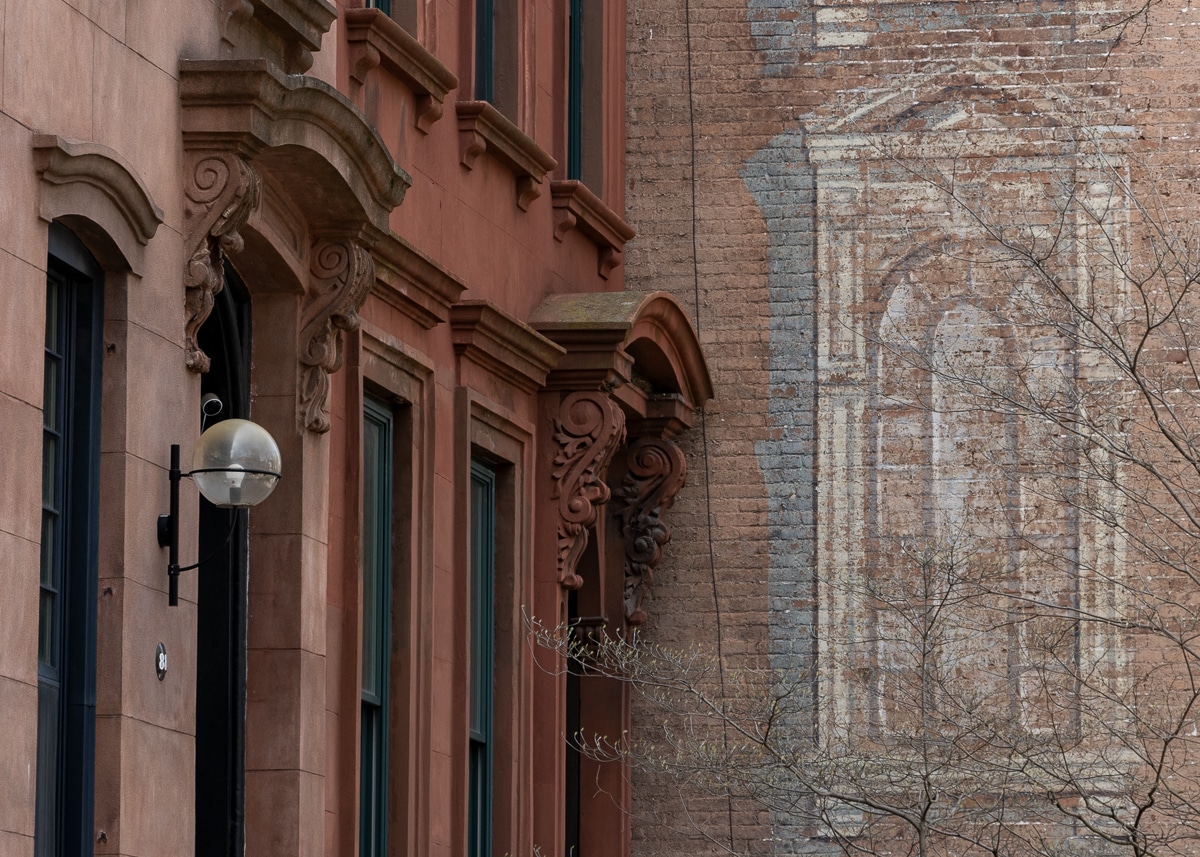

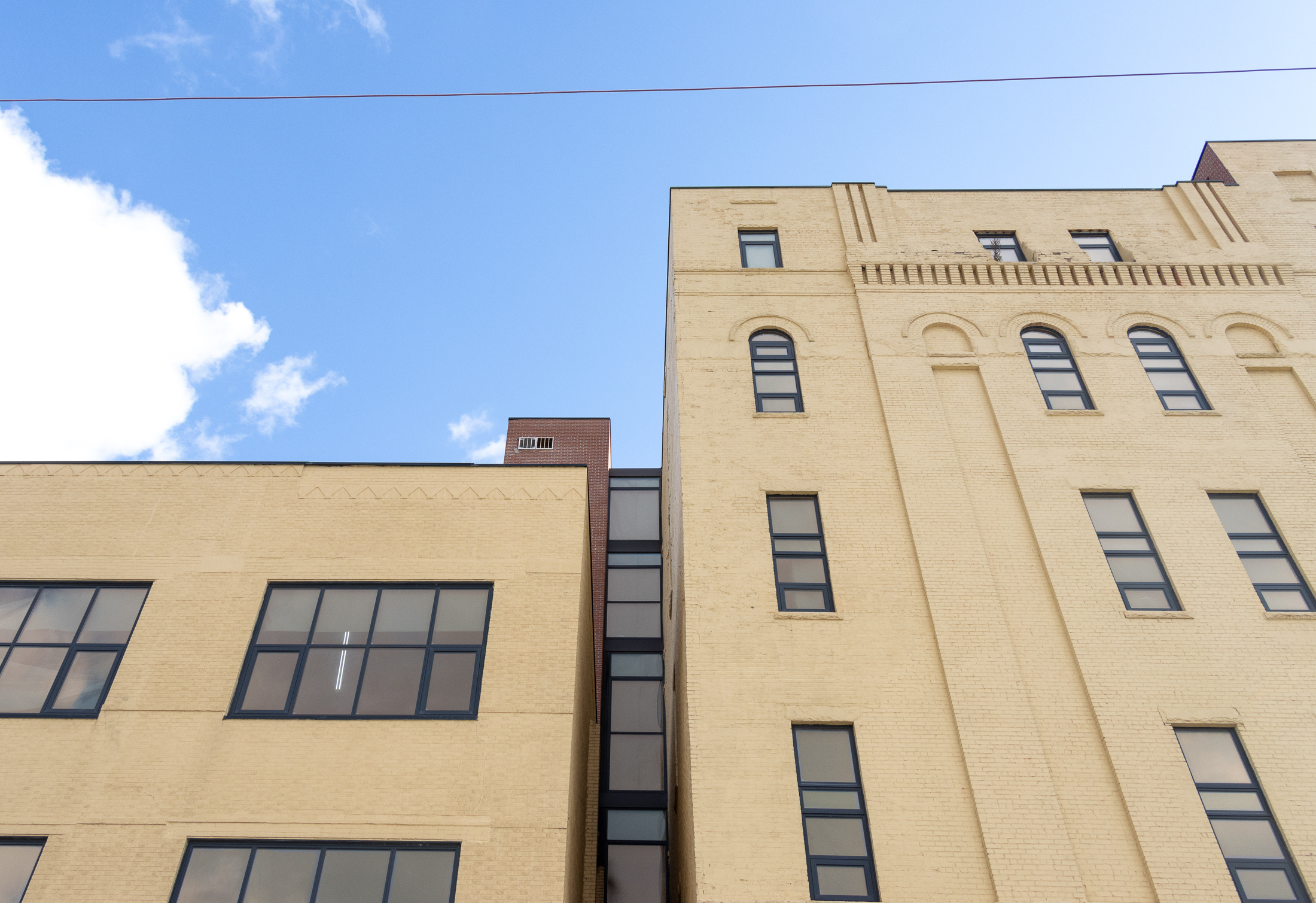


What's Your Take? Leave a Comment